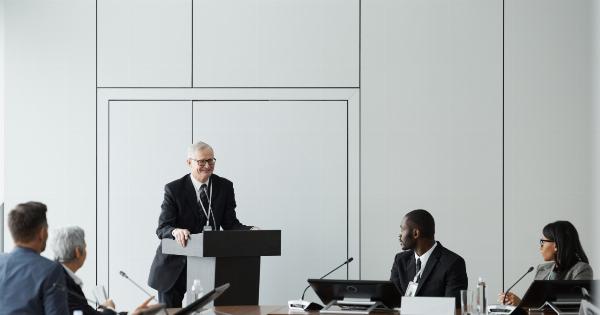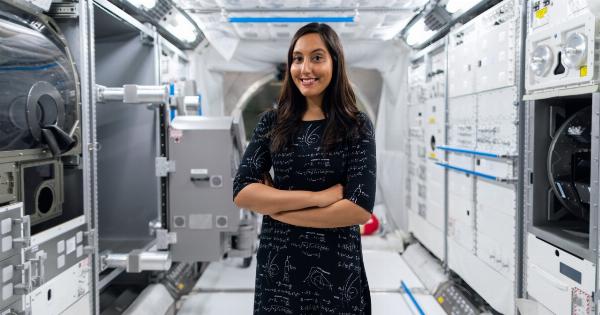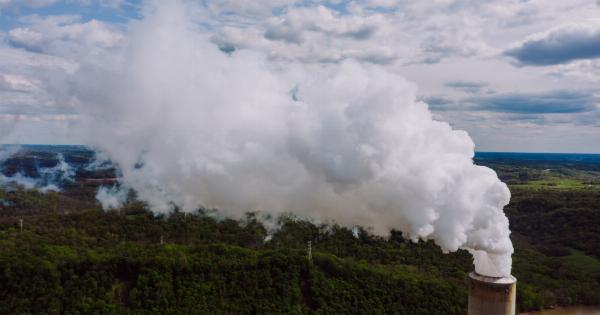In recent years, the issue of the Grand Ethiopian Renaissance Dam (GERD) on the Nile River has become a hot topic of controversy and concern on the international stage.
With tensions rising between Egypt, Sudan, and Ethiopia over the dam’s potential impacts on water resources in the region, a global call is being made to address this issue and find a mutually acceptable solution. As May 29 approaches, it presents an opportunity for nations to come together, discuss, and seek resolution for the challenges posed by the GERD.
The Grand Ethiopian Renaissance Dam
The Grand Ethiopian Renaissance Dam (GERD) is a mega-infrastructure project located on the Blue Nile River, one of the major tributaries of the Nile River.
Situated in the Benishangul-Gumuz region of Ethiopia, the dam is set to become the largest hydropower facility in Africa, capable of generating around 6,500 megawatts of electricity. The project, initiated by the Ethiopian government, has been hailed as a symbol of national pride and a catalyst for development.
However, concerns have been raised by downstream countries, namely Egypt and Sudan, regarding the potential negative impacts of the GERD on their water resources.
Egypt, heavily dependent on the Nile River for its freshwater supply, fears that the dam will reduce its share of water and adversely affect its agricultural sector. Similarly, Sudan, situated downstream from Ethiopia, is concerned about the dam’s impact on its own water resources, as well as the integrity of its infrastructure.
Escalating Tensions and the Need for Diplomacy
The issue of the GERD has become a source of escalating tensions between the concerned nations. Negotiations and diplomatic efforts have been ongoing for several years, but a mutually acceptable agreement has remained elusive.
With each passing day, the urgency to find a solution becomes more pronounced, as the deadline for the filling of the dam’s reservoir approaches.
May 29, 2021, marks an important date on the GERD timeline. It is the anticipated start date for the second phase of filling the dam’s reservoir, a critical milestone in the project’s development.
The scale of this event has put the spotlight on the GERD once again, reigniting the need for a global call to tackle the challenges and ensure a resolution that benefits all parties involved.
The Importance of International Cooperation
The GERD issue is not one that can be resolved by any single nation or through unilateral actions.
It requires a cooperative and multilateral approach involving all stakeholders, including Ethiopia, Egypt, Sudan, and the international community at large. Water security and the equitable sharing of resources are vital issues that transcend national boundaries and demand collaboration to find sustainable solutions.
International organizations and prominent nations around the world have recognized the significance of this issue and are making efforts to facilitate dialogue and mediate between the concerned parties.
From the United Nations to the African Union, these institutions are playing an important role in bringing the parties together, fostering negotiations, and encouraging compromise.
The Way Forward: Negotiation and Compromise
As the world turns its attention to the GERD, it is crucial that all stakeholders approach the issue with a willingness to negotiate and compromise.
Constructive dialogue and open communication are essential for finding a mutually acceptable solution that addresses the concerns of all parties involved.
A key aspect of this negotiation should be a focus on technical studies and data sharing. The GERD’s potential impacts, both positive and negative, need to be thoroughly examined and understood, allowing for informed decision-making.
Transparent and collaborative efforts in studying the dam’s effects can help build trust and facilitate productive discussions.
Furthermore, any resolution should consider the long-term sustainability of the Nile River basin and the preservation of its resources.
This entails not only addressing the concerns of downstream countries but also recognizing Ethiopia’s right to development and access to clean and affordable energy.
Ultimately, a fair and balanced agreement that guarantees the equitable sharing of water resources, safeguards the environment, and promotes regional stability is the desired outcome of the global call to tackle the GERD.
Conclusion
The GERD poses significant challenges and potential consequences for the countries involved and the wider region. However, it also presents an opportunity for global cooperation and dialogue.
May 29 represents a milestone in the GERD’s development and serves as a reminder of the urgent need to find a resolution to the ongoing dispute.
By fostering negotiation, compromise, and a focus on technical studies, the international community can contribute to a sustainable solution that addresses the concerns of all stakeholders.
The global call to tackle the GERD is not just about a dam, but about shaping a future in which access to water resources is equitable, development is supported, and peace and stability prevail.






























